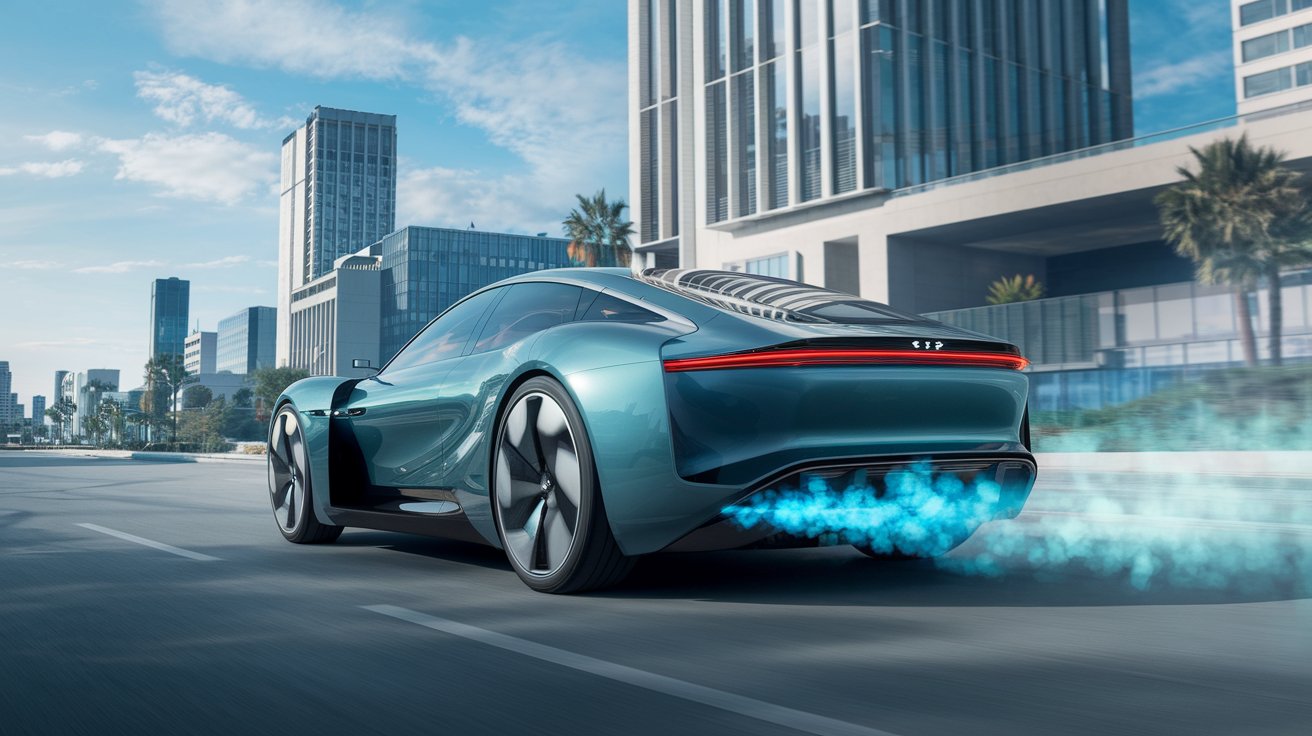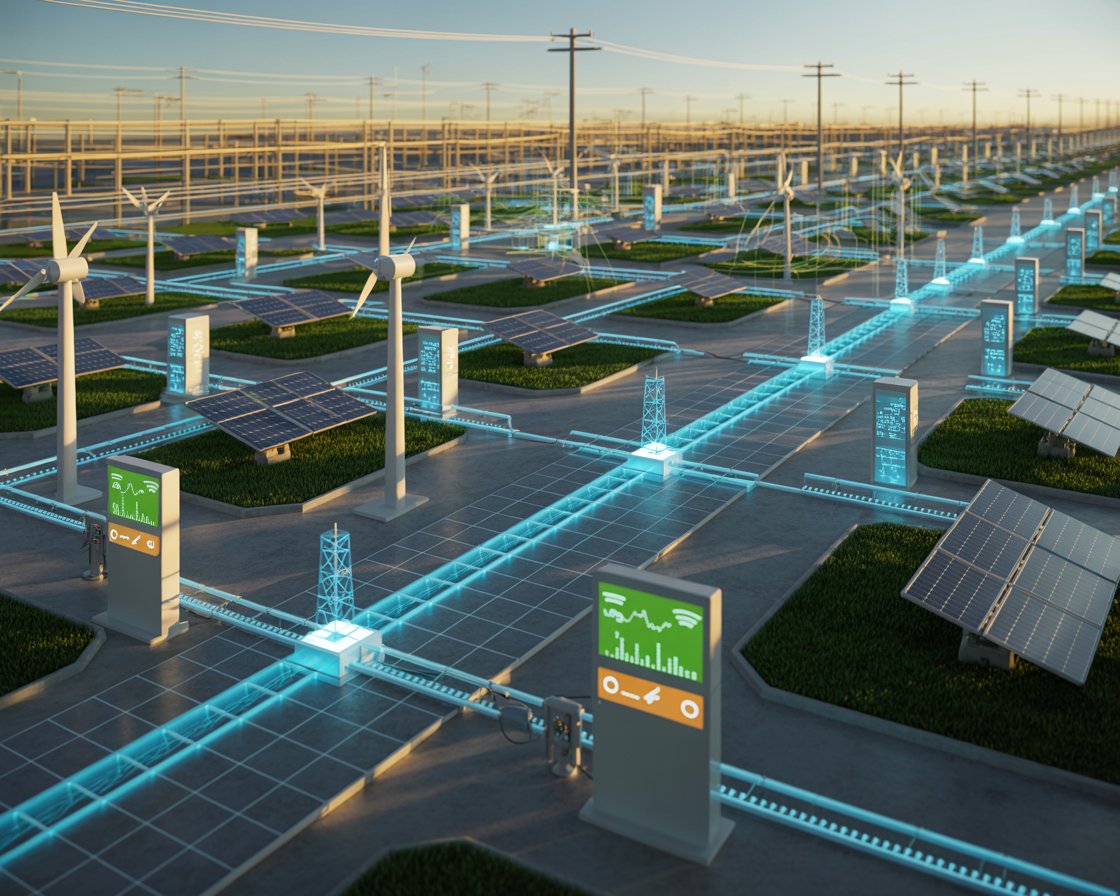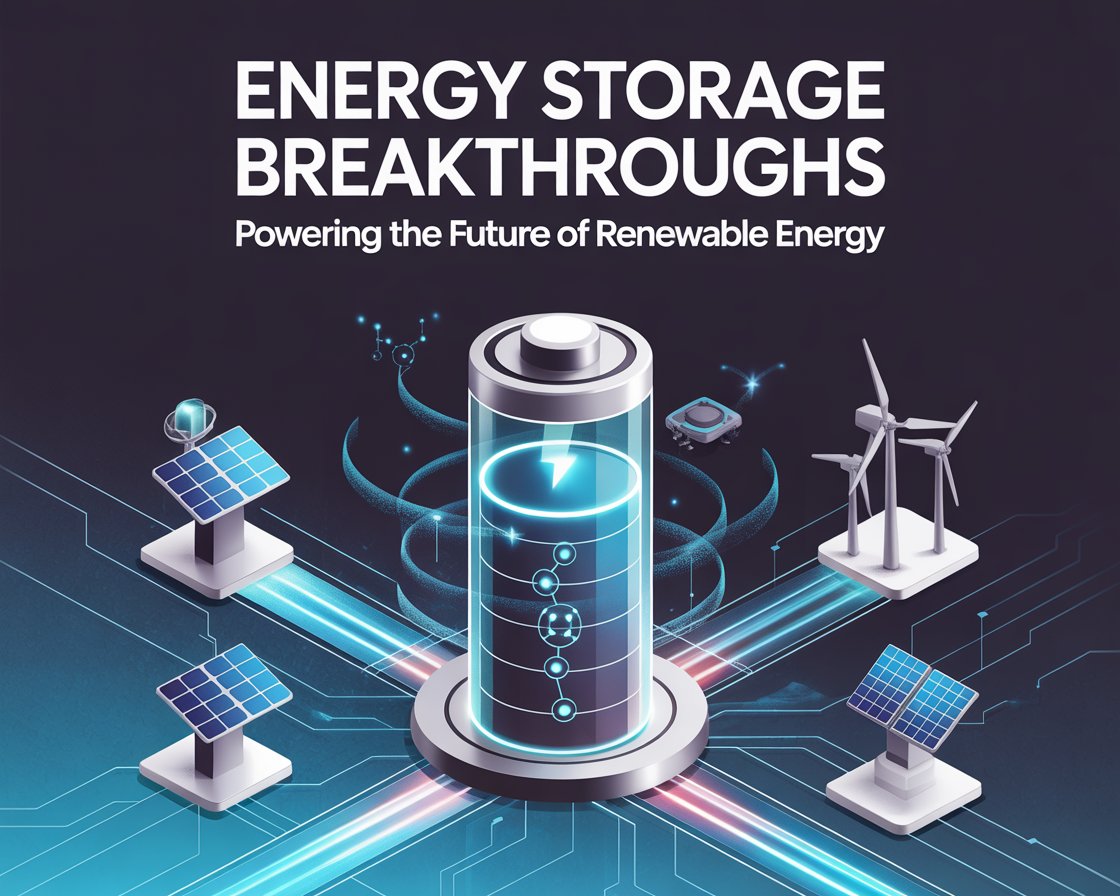As the automotive industry accelerates its shift toward sustainable transportation, the further of hydrogen fuel cell car technology is emerging as a promising solution to reduce carbon emissions and dependency on fossil fuels. With a focus on cleaner energy and enhanced performance, hydrogen fuel cell vehicles (FCVs) offer a glimpse into a greener future for mobility.
The further of hydrogen fuel cell car technology represents a transformative step toward sustainable transportation. By addressing current challenges and leveraging advancements, FCVs have the potential to revolutionize the automotive landscape. With zero emissions, fast refueling, and increasing affordability, hydrogen fuel cell cars are paving the way for a cleaner, greener future.
This article delves into the advancements, benefits, and frequently asked questions surrounding the further of hydrogen fuel cell car technology.
The Further of Hydrogen Fuel Cell Car Technology
Table of Contents
What Are Hydrogen Fuel Cell Cars?
Hydrogen fuel cell cars are electric vehicles powered by hydrogen gas. Unlike battery-electric vehicles (BEVs), which rely on lithium-ion batteries, FCVs generate electricity through a chemical reaction between hydrogen and oxygen in the fuel cell. The only byproducts of this process are water vapor and heat, making FCVs a zero-emission alternative to traditional internal combustion engine vehicles.
Advancements Shaping the Further of Hydrogen Fuel Cell Cars
The further of hydrogen fuel cell car innovation hinges on several key advancements:
- Improved Fuel Cell Efficiency: Modern fuel cells are more efficient and compact, allowing for better energy output and space optimization in vehicles. This improvement ensures that FCVs can compete with conventional vehicles in terms of range and performance.
- Expanded Hydrogen Infrastructure: To support the widespread adoption of FCVs, governments and private enterprises are investing in hydrogen refueling stations. The expansion of this infrastructure is critical to ensuring that drivers have convenient access to fuel.
- Cost Reductions: The cost of producing hydrogen fuel and manufacturing fuel cells has decreased significantly. With mass production and advancements in technology, FCVs are becoming more affordable for consumers.
- Increased Range and Durability: Modern FCVs boast ranges exceeding 300 miles per refuel and enhanced durability, making them a practical choice for long-distance travel.
- Sustainable Hydrogen Production: The push for green hydrogen, produced using renewable energy sources, further enhances the environmental benefits of hydrogen fuel cell cars.
Benefits of Hydrogen Fuel Cell Cars
The further of hydrogen fuel cell car technology promises a host of benefits:
- Zero Emissions: With water vapor as the only byproduct, FCVs significantly reduce greenhouse gas emissions.
- Fast Refueling: Refueling an FCV takes only 3-5 minutes, comparable to conventional gasoline vehicles.
- Energy Efficiency: Hydrogen fuel cells convert chemical energy directly into electrical energy, resulting in high energy efficiency.
- Versatility: FCVs are well-suited for various applications, from passenger cars to heavy-duty trucks and buses.
- Quiet Operation: Hydrogen fuel cell vehicles operate silently, enhancing the driving experience.
Challenges and Solutions
While the further of hydrogen fuel cell car technology is promising, challenges remain:
- Infrastructure Development: Solution: Governments and private entities must collaborate to build a robust network of hydrogen refueling stations.
- Hydrogen Production: Solution: Invest in renewable energy sources to produce green hydrogen, reducing reliance on fossil fuels.
- Cost Barriers: Solution: Scale up production and invest in research to lower manufacturing costs.
- Public Awareness: Solution: Educate consumers about the benefits and functionality of hydrogen fuel cell cars to drive adoption.





Leave a Reply